Why the business community holds the key to poverty alleviation
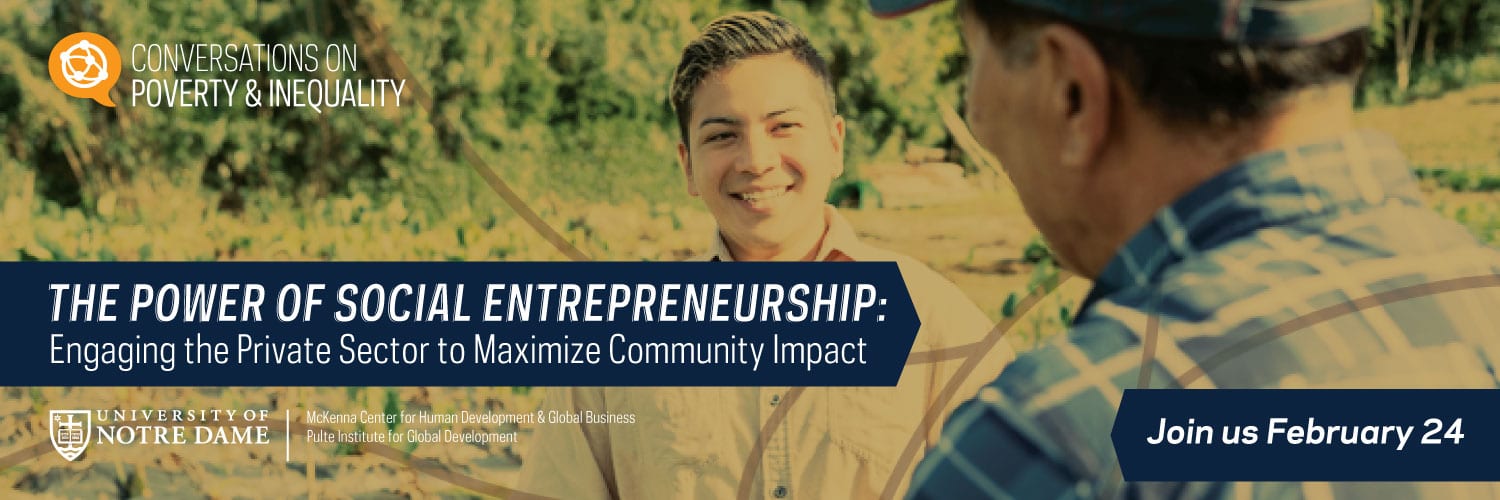
How can the private sector contribute to poverty alleviation and community impact? Why should business leaders care about poverty? Leaders in corporate social responsibility will join us for an interesting panel discussion on the importance of the private sector in development. We’ll discuss the difference between corporate social responsibility and responsible and inclusive business models, and how business engagement can benefit communities to help maximize impact. Meet the panelists for the discussion led by Melissa Paulsen below.
Kimberly Almeida
Presented by Melissa Paulsen
Director, Worker Well-being, Levi Strauss Foundation
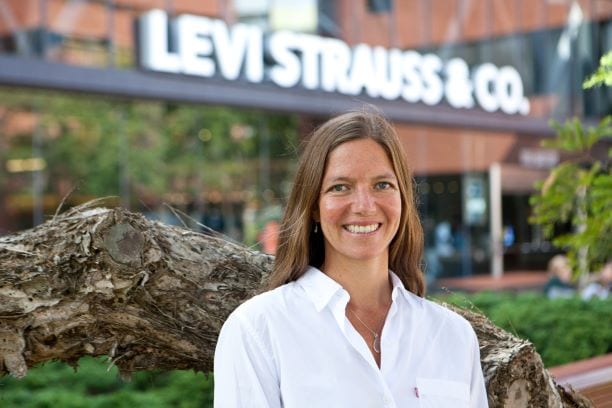
Kimberly Almeida is a corporate philanthropy, CSR, and international development professional. She joined the Levi Strauss Foundation in 2012, where she oversees the foundation’s worker rights and well-being grant portfolio. In her role, she is leading the design and implementation of Levi Strauss & Co.’s Worker Well-being initiative, which aims to improve apparel workers’ lives through partnerships with the Company’s vendors and community organizations. Kim leads impact measurement activities and efforts to address gender inequality in the initiative.
Prior to joining the Levi Strauss Foundation she was Global Research Manager at UL Responsible Sourcing where she was responsible for following new developments in the CSR field and advising UL’s clients on how to manage specific labor challenges in their supply chains. While at UL, she spearheaded a research initiative with BSR’s HERproject on integrating metrics related to women’s health in factory social compliance audits. Kim has also conducted extensive research on the business case for responsible labor and managed grantmaking programs throughout Latin America for Nokia and the International Youth Foundation.
Kim received a Master of Pacific International Affairs from University of California, San Diego’s School of International Relations and Pacific Studies and a BA in anthropology from George Washington University. Born and raised in Guatemala, she is fluent in Spanish and German and proficient in Portuguese. She lives in the Bay Area with her husband and son.
Frank J. Belatti (Co-Moderator)
Presented by Melissa Paulsen
Managing Partner, Equicorp Partners, LLC
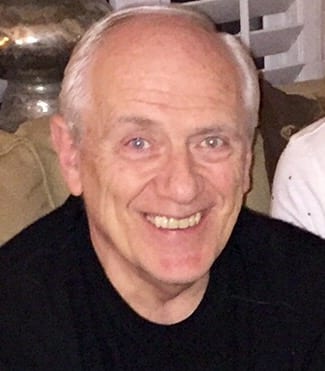
For more than 40 years, Frank Belatti has earned the reputation of being an indomitable corporate leader, most notably in the food and hospitality industry, as well as being recognized as a strong advocate for social justice.
His involvement with consumer packaged goods companies, Avon and Ralston Purina, and franchising giants Arby’s, Hospitality Franchise Systems, and AFC Enterprises, has provided for a wide array of brand-building experiences and the ability to provide long-term business opportunity for independent operators in more than 30 countries.
As founder of AFC Enterprises, Belatti was elected chairman and CEO for one of the worlds premiere franchisors in 1992. After turning around the financial fortunes of Church’s Chicken and Popeye’s Chicken and Biscuits, AFC acquired Cinnabon and Seattle’s Best Coffee companies, before going public in 2001.
Today, Belatti’s business acumen and global vision are focused on Equicorp Partners, an Atlanta-based private investment and advisory partnership that he co-founded in 2005. As Managing Partner, he and his colleagues provide expertise to private equity firms and strategic partners, and oversee a portfolio of diverse investments. Since 2006, he has also served as an adjunct professor at the University of Notre Dame, teaching Social Entrepreneurship and Impact Investing in the Mendoza College of Business.
Gustavo Pérez Berlanga
Presented by Melissa Paulsen
Director of Social Responsibility, Gigante Restaurant Group
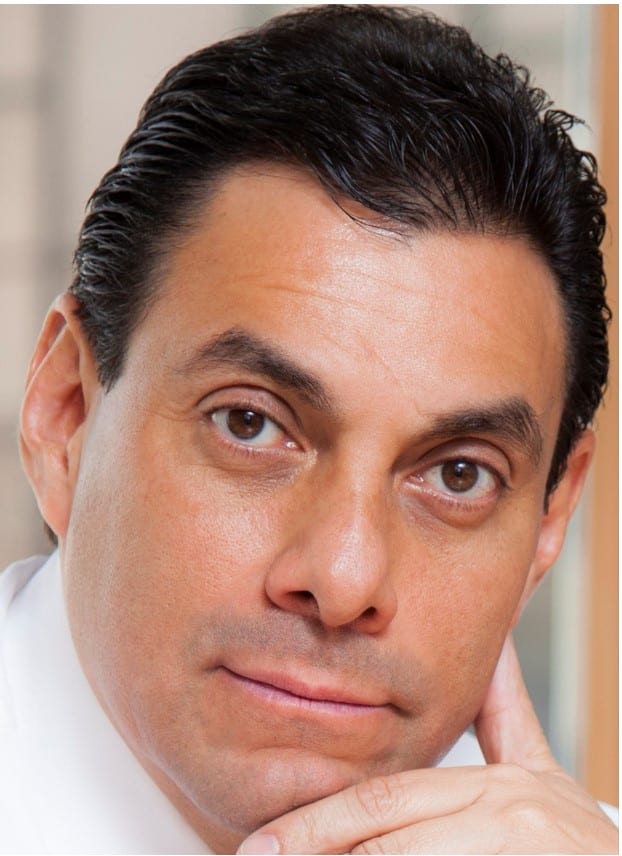
Gustavo Pérez Berlanga has successfully implemented sustainability initiatives as Director of Social Responsibility at Gigante Restaurant Group (one of the largest restaurant chains including Toks, Panda Express, Beer Factory, Farolito Taco Shop, and Shake Shake brands in Mexico), benefiting thousands of people nationwide. He is also a professor at Anahuac University and a guest speaker in universities and business schools worldwide. He is the author of three books, two of them on poverty eradication in indigenous communities and the other on crime prevention. His sustainability initiatives have been awarded worldwide. In 2018, he was recognized as one of the world leaders in sustainability by Real Leaders magazine and in 2017 as one of ten Pioneers in the United Nations Sustainable Development Goals. He has a bachelor’s degree in Administration and Finance and three master’s degrees, one in Marketing, another in Social Responsibility, and one MBA at IPADE. He is currently a Ph.D. candidate in Bioethics at the Universidad Anáhuac in Mexico.
Not just “business as usual”: humanizing supply chains
Presented by Melissa Paulsen
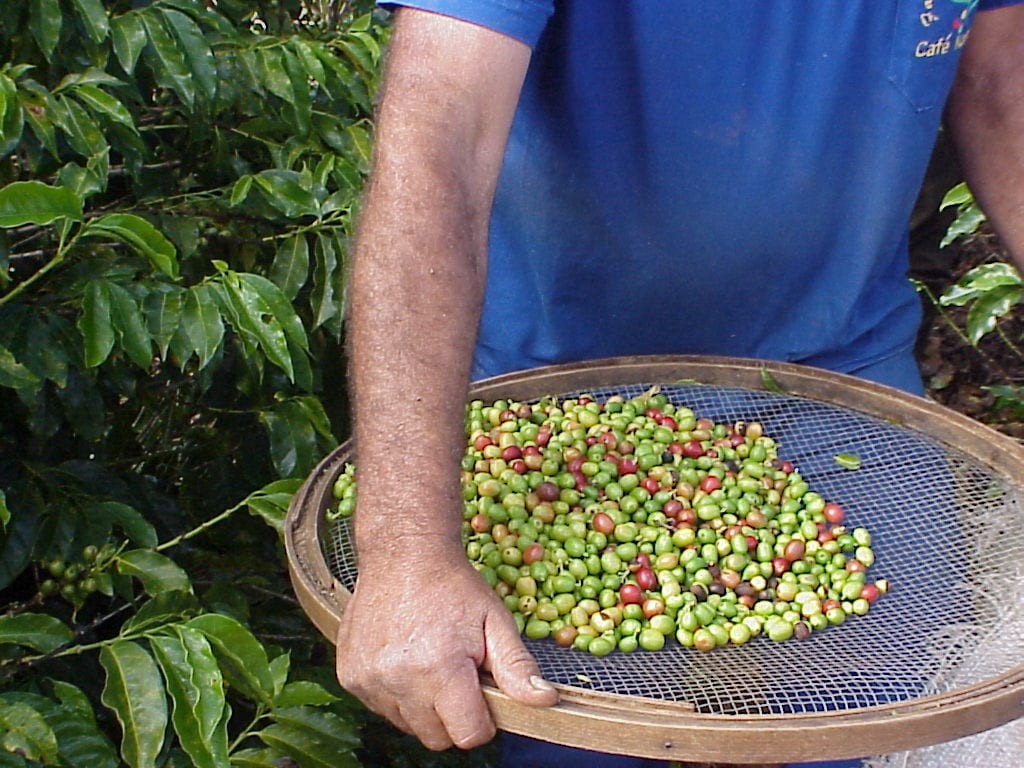
In March 2020, Gustavo Perez Berlanga, senior vice president of social responsibility with Toks Restaurant Group in Mexico, spoke to my social entrepreneurship students in a virtual guest lecture. He explored the students’ consumer choices related to coffee, a daily beverage that has been commoditized throughout the globe in such a way that the supplier communities are oftentimes disproportionately marginalized in the value chain.
“When you order coffee, a cappuccino, or a latte,” he asked, “do you ask for a cup that does not involve child labor, that respects human rights, and/or supports women producers?”
While provocative, these are the questions that every consumer and business should be asking. Businesses should be challenged to move beyond simply philanthropy or a donation model as part of their corporate social responsibility initiatives, to a responsible business model that incorporates social and environmental impacts, to the penultimate inclusive business model. Such a model doesn’t simply employ “do no harm” or carbon-neutral principles, but addresses supply chain sustainability as well as the principle tenets of integral human development, including the dignity of both the individual and community.
I explore these thoughts and more in the Keough School’s Dignity and Development blog – you can read more here.
Tacaná: Story of a socially responsible coffee project in Chiapas, Mexico
Presented by Melissa Paulsen
Mexico is a country with great natural and human wealth: it has traditions, music, clothing, gastronomy, customs and cultures that are unique in the world, as well as being one of the countries with the greatest biodiversity on the planet. However, it also faces important social and environmental challenges.
Tacaná recognizes that corporate social responsibility can help to reduce backwardness and inequalities, as well as the effects on ecosystems, in this case, in the coffee region of Soconusco in the state of Chiapas. The book tells the story of how a corporate restaurant group intends to make visible the reality of coffee in Mexico and how it is possible to change the lives of small producers when there is the intelligence and willingness to do so by putting sustainability and social responsibility as guiding axes of the project.
I invite you to discover what is behind a cup of coffee by reading “TACANÁ: Story of a Socially Responsible Coffee Project in Chiapas, Mexico.”
Worker Well-being: Surpassing 2020 Targets and Deepening the Levi Strauss Impact
Presented by Melissa Paulsen
Levi Strauss & Co.’s Worker Well-being (WWB) initiative, launched in 2011, aims to improve the lives of the women and men who make our products around the world with factory-based programs that address issues related to health, financial security and gender equality.
The initiative operates on the premise that when workers are healthy, satisfied and engaged at work, factory productivity will increase. In 2016, we set a new bar by making the WWB guidelines and tools publicly available to the apparel industry, and in 2017 our efforts helped LS&Co. secure a spot on Fortune magazine’s “Change the World” list.
Read more about how Levi Strauss & Co.’s surpassed their 2020 goal of reaching 200,000 workers almost one full year ahead of schedule.
View the Event
Presented by Melissa Paulsen
Subscribe to the ThinkND podcast on Apple, Spotify, or Google.
Featured Speakers:
- Kimberly Almeida, Director, Worker Well-being, Levi Strauss Foundation
- Frank J. Belatti, Managing Partner, Equicorp Partners, LLC
- Gustavo Pérez Berlanga, Director of Social Responsibility, Gigante Restaurant Group
Measuring Shared Value
Presented by Melissa Paulsen
When companies adopt a shared value approach but do not understand or rigorously track the connection between social and business results, they miss important opportunities for innovation, growth, and social impact at scale. This webinar, presented by mission-driven consulting firm FSG, outlines how to unlock value by linking business and social results.
This is an event for the Series
My event was amazing.
https://youtu.be/DlUyHogoyvEAdditional Reading
Presented by Melissa Paulsen
- Social Enterprises and Global Corporations: Collaborating for Growth Impact, by Acumen and Business Fight Poverty
- The Hidden Pitfalls of Inclusive Innovation, by Raghav Narsalay, Leandro Pongeluppe, & David Light
